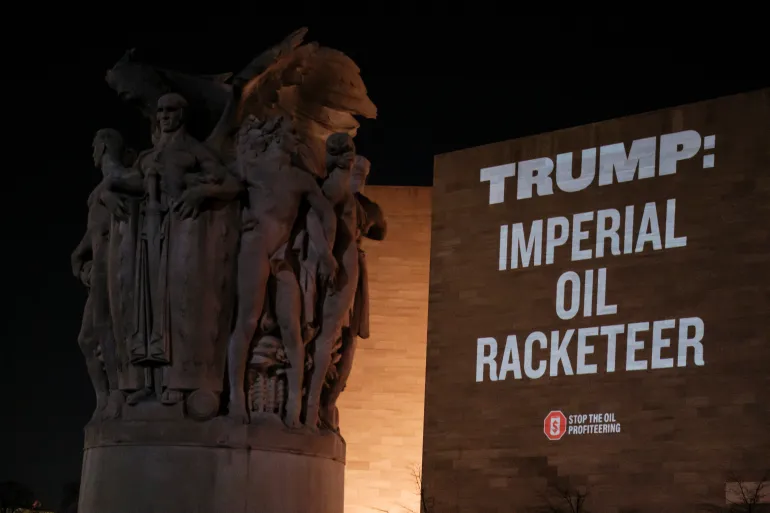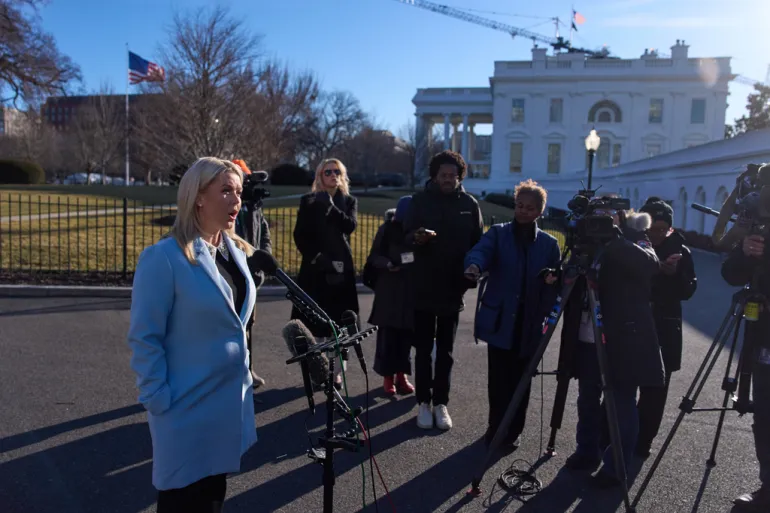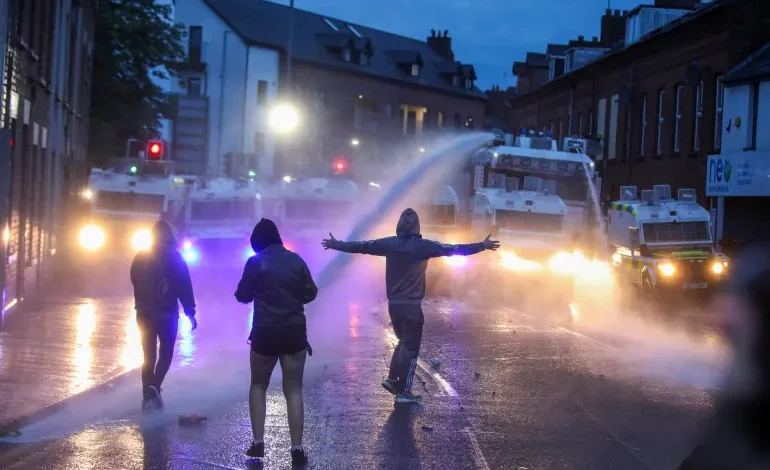Ireland is rolling out one of its most significant overhauls of migration policy in years, with the government citing rapid population growth and record asylum applications as drivers of the shift.
Justice Minister Jim O’Callaghan announced the new measures on Wednesday, warning that the pace of change is becoming unsustainable.
“Our population last year increased by 1.6 percent, seven times the EU average,” he said. “It is positive that it’s increasing, but the rate is a worry.”
Ireland’s population now stands at an estimated 5.46 million, with net migration averaging about 72,000 people a year since 2022, fuelled by work permits, family reunifications and Ukrainian refugees. Asylum applications have surged too, reaching a record 18,651 in 2024, up sharply from 13,276 the year before.
Rising numbers have already spilled into the streets. Protests and riots linked to asylum accommodation have flared in recent years, including a violent clash in southwest Dublin last month after allegations of an assault near a hotel housing asylum seekers.
The government’s response is a tighter, more restrictive framework.
Employed asylum seekers will now have to contribute 10 to 40 percent of their weekly income towards state-provided accommodation, affecting around 7,500 people, according to O’Callaghan. Family reunification rules will also become stricter: applicants must now earn at least the median national wage, over 44,000 euros, and prove they have suitable housing before bringing relatives from outside the European Economic Area.
Citizenship rules for refugees are also being hardened. The residency requirement will rise from three to five years, and those relying long term on certain social welfare payments will no longer qualify.
The state will also gain the power to revoke asylum status if someone is deemed a “danger to the security of the state” or convicted of a serious crime.
“While these situations are rare, it is important that these powers are provided for in law,” O’Callaghan said.
Further restrictions could follow. The government is considering curbs on student visas, amid concerns that education routes are being used as backdoors to long-term residency.
The shift echoes recent hardline asylum reforms in the UK, where migration pressures have boosted support for far-right politics. Irish Prime Minister Micheal Martin acknowledged the spillover risk, saying: “There are knock-on effects for us from what others do, that’s the reality we have to be ready for.”
According to the government, nearly 90 percent of asylum seekers arriving in Ireland now cross via Northern Ireland, tying Dublin’s policy dilemma closely to developments in the UK.










The latest news in your social feeds
Subscribe to our social media platforms to stay tuned